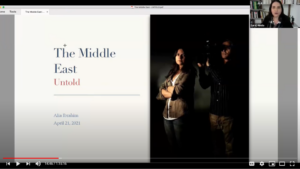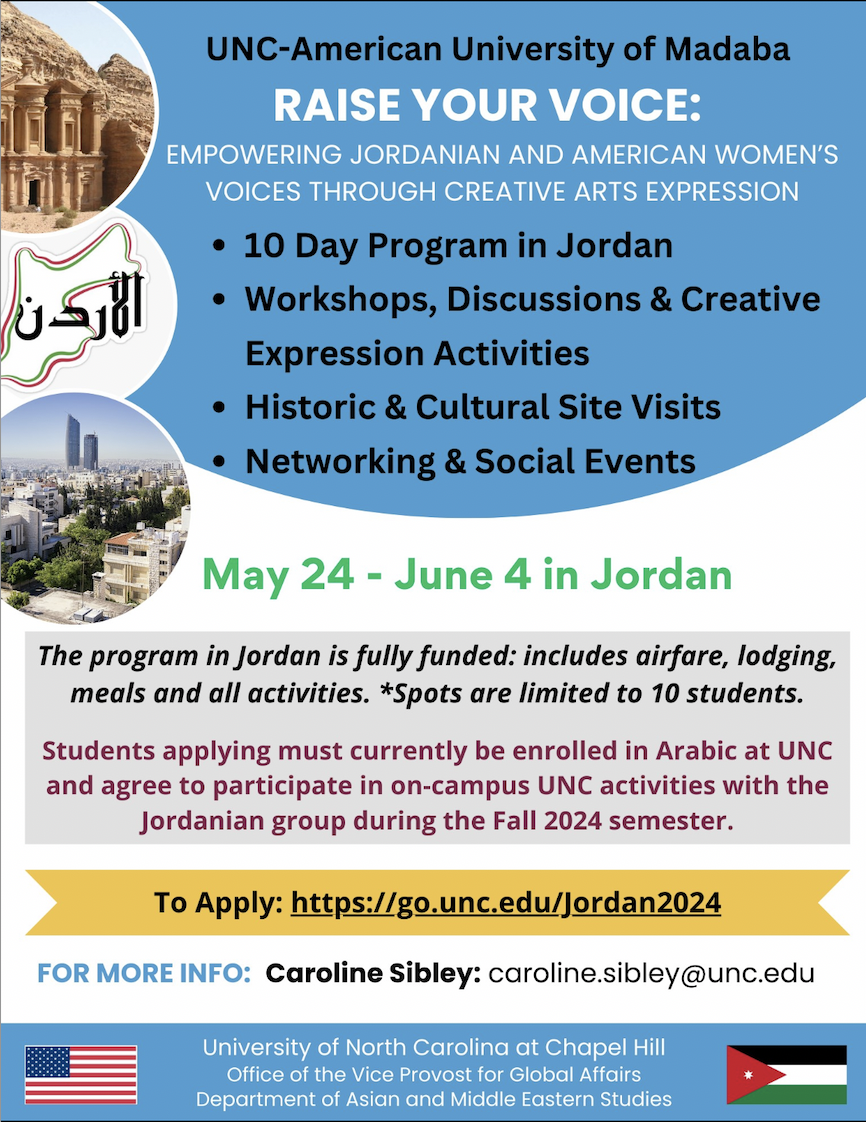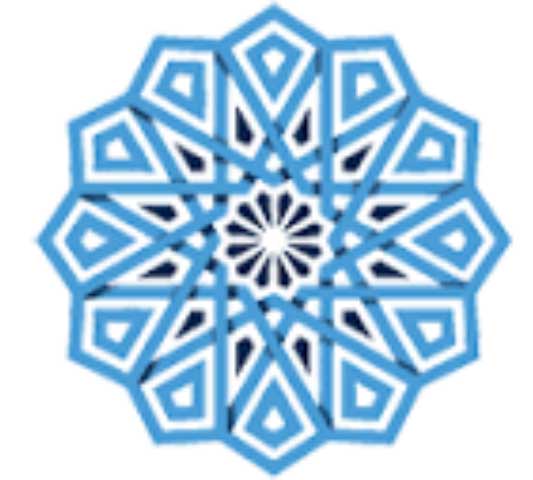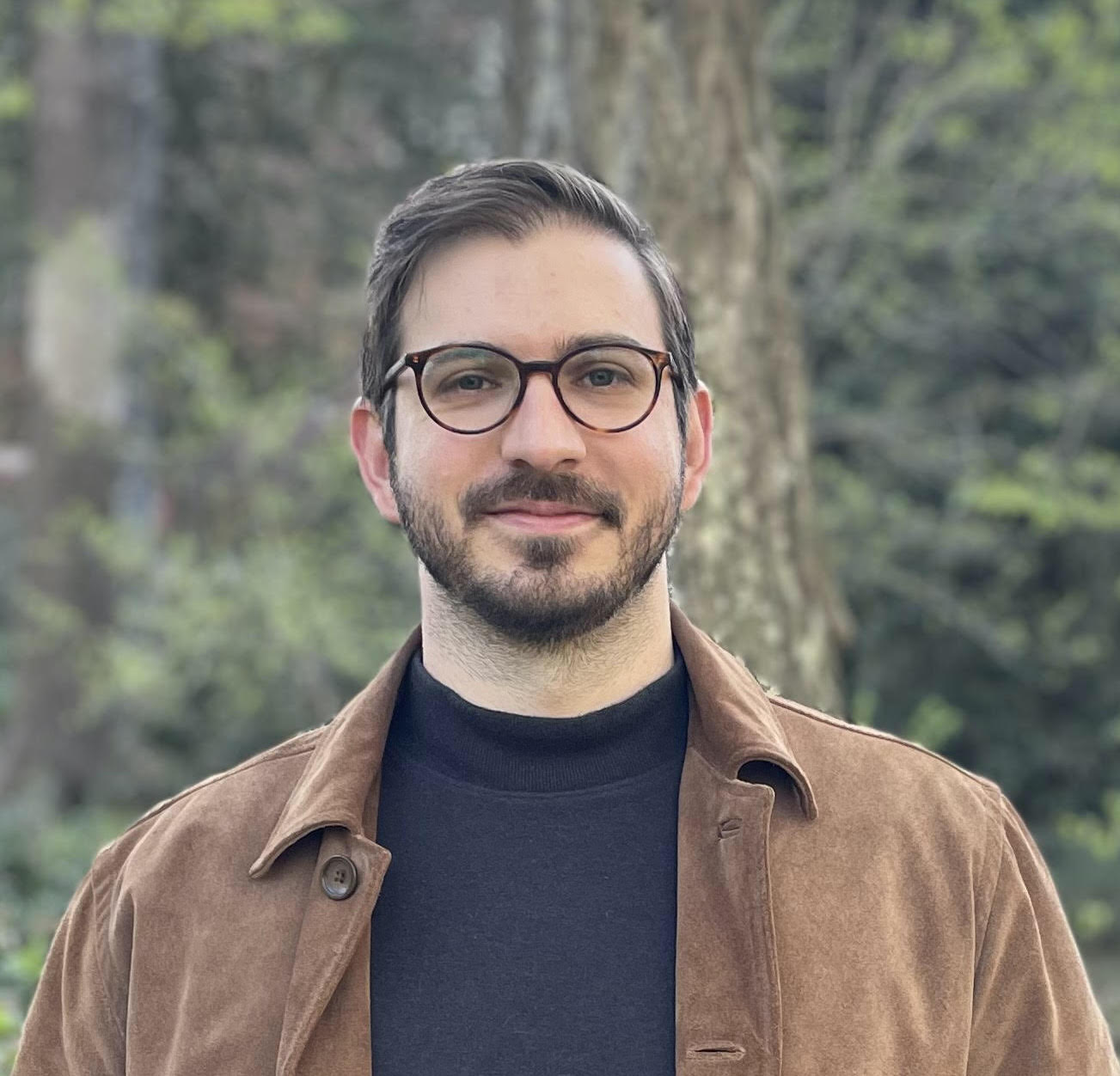 What are underreported stories, and where can we find them? What more do we learn, and connect with, by exploring underreported stories? On April 22, 2021, the Duke-UNC Consortium for Middle East Studies and the University of Michigan at Ann Arbor’s Center for Middle Eastern & North African Studies hosted a webinar for educators to explore these questions and more. Featuring the Pulitzer Center on Crisis Reporting, this session was the fourth installment of the webinar series, “How to Teach About the Middle East—and Get it Right!” The virtual event was attended by more than 70 educators from the United States and around the world.
What are underreported stories, and where can we find them? What more do we learn, and connect with, by exploring underreported stories? On April 22, 2021, the Duke-UNC Consortium for Middle East Studies and the University of Michigan at Ann Arbor’s Center for Middle Eastern & North African Studies hosted a webinar for educators to explore these questions and more. Featuring the Pulitzer Center on Crisis Reporting, this session was the fourth installment of the webinar series, “How to Teach About the Middle East—and Get it Right!” The virtual event was attended by more than 70 educators from the United States and around the world.
In an interactive session led by the Pulitzer Center, which aims to raise awareness of underreported global issues, teachers explored reporting on the Middle East and North Africa (MENA) The session featured a discussion with acclaimed Lebanon-based journalist Alia Ibrahim, who shared her experience reporting on a wide variety of issues across the region. Ibrahim spoke about her experience as a journalist for newspapers such as The Washington Post and Al-Arabiya before co-founding Daraj.com, an independent digital media site, in 2017. Ibrahim reflected that her journalistic endeavors introduced her to many different issues, and that eventually in her career, she was able to recognize and highlight “untold” stories from the MENA region. She offered her experience covering the Arab Spring as an example of her work.
After Ibrahim’s presentation, educators participated in activities to promote media literacy in the classroom and incorporate a variety of stories about the MENA region. Teachers posed a variety of questions to Ibrahim, including questions about her experience in the Middle East as a female journalist, how students can best interact with underreported stories and the impact certain historical events have on how stories are reported. “Thank you for sharing with us the resources that will help teachers spotlight the lesser told, but equally important, complexities of the Middle East,” said one teacher.
Fareed Mostoufi, associate director of education for the Pulitzer Center, then invited attendees to reflect on the news we seek and how we find it. He guided teachers in an activity featuring underreported stories on the MENA region, challenging them to evaluate methods for seeking global news. The workshop “opened my eyes to new teaching strategies and ideas I can use in class,” shared an attendee.
Mosoutfi encouraged teachers to make local and personal connections to news stories, noting that connecting global issues to our lives encourages greater student engagement with the content. The workshop introduced teachers to a diversity of perspectives from the MENA region, engaged teachers with journalism and provided resources to include underreported stories from the region in the classroom.
———————————–
“How to Teach about the Middle East—and Get it Right!” offers five interactive sessions between January and May 2021, featuring resources and strategies for teaching about the region relevant to both in-person and virtual teaching. The program is a collaboration between the Duke–UNC Consortium for Middle East Studies and the Center for Middle Eastern and North African Studies at the University of Michigan-Ann Arbor, both U.S. Department of Education funded National Resource Centers .
Recordings of each session, as they become available, can be found on the University of Michigan’s Educators’ Resources page on the Middle East and North Africa.
Abdulrahman Sarsour, UNC ‘24





